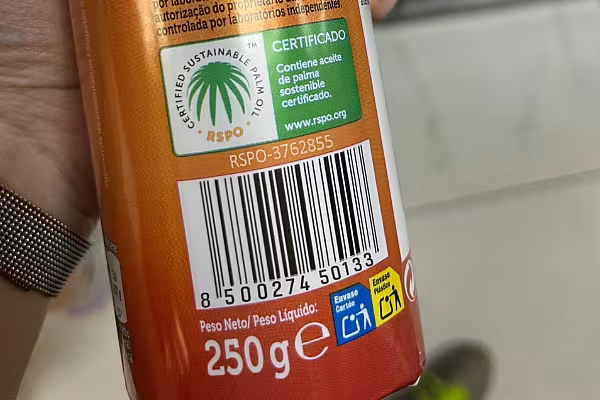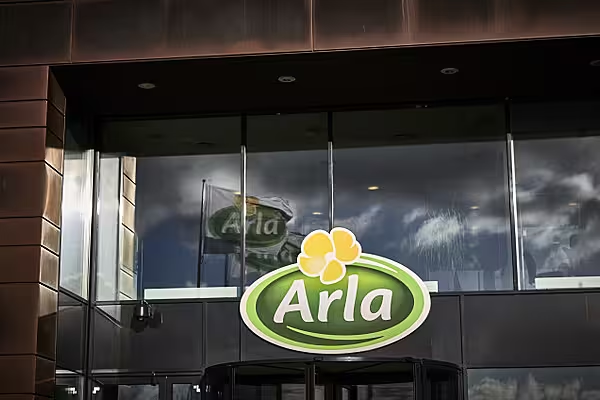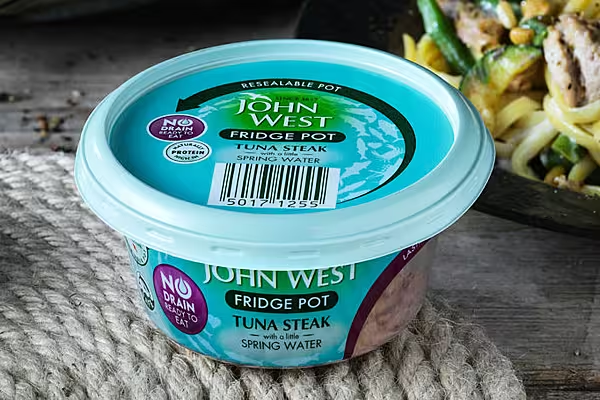Consumers are increasingly seeking products that align with their values, particularly when it comes to sustainability.
Retailers can play a pivotal role in guiding these purchasing decisions by showcasing sustainably sourced products.
A white paper by the European Institute of Innovation and Technology revealed that 66% of European consumers are keen to understand more about the sustainability of their food.
This is a strong business case for consumer goods manufacturers and retailers to be more transparent with consumers about sustainability initiatives in tangible, verified ways.
Catalysts For Change
Retailers are uniquely positioned to influence consumer behaviour, driving demand for responsibly sourced goods. By strategically displaying certain products, retailers can increase the recognition of eco-labels and foster positive attitudes.
Educating consumers through engaging storytelling – for example, sharing the journey of sustainably sourced palm oil, from plantation to shelf – can resonate deeply with consumers.
Promotional campaigns, in-store signage and digital content that tell positive stories – such as workers earning a living wage or a smallholder group buying four ambulances – may help communicate the ripple effect of consumers’ purchasing behaviour.
Avoiding Greenwashing
Eco-labels help consumers identify environmentally friendly products and make informed buying decisions.
It is crucial, however, for businesses to avoid greenwashing – the practice of making misleading claims about the environmental benefits of a product.
Authenticity is key, and companies should ensure that their sustainability claims are backed by verifiable certifications. This transparency builds consumer trust in the brand.
To this end, the current discussion on the European Union (EU) Green Claims legislation is an opportunity to shine a light on legitimate, robust, and scientifically supported claims and voluntary certification, and create an equal playing field for the brands using them.
The Roundtable on Sustainable Palm Oil (RSPO) supports this instrument, which aims to tackle the proliferation of misleading/confusing claims and sustainability labels that are not transparent or credible.
In parallel, the RSPO stresses the importance of outlining a basic set of requirements for labelling schemes to be trustworthy and transparent, based on recognition from respected quality-standard organisations, like the International Social and Environmental Accreditation and Labelling (ISEAL) Alliance.
The RSPO Label
The RSPO Label is a globally recognised eco-label used by members (subject to compliance with the rules) to highlight their commitment to the principles of the RSPO.
The RSPO Label serves as a reliable reference for consumers to identify products made with RSPO-Certified Sustainable Palm Oil.
There has been a significant increase in the total number of RSPO Trademark licences issued over the last few years.
Globally, the total number of RSPO Trademark licences and renewals have increased from 424 in 2020 to 2,465 as of May 2024. This demonstrates that companies value sustainability branding.
By incorporating the RSPO Label, companies can assure consumers that they are contributing to sustainable practices for this commodity, including the preservation of biodiversity and the well-being of local communities.
As consumer demand for sustainable products continues to rise, retailers have a significant role in promoting and validating sustainably sourced goods.
By adopting and communicating credible certifications like the RSPO, they can lead the way in transforming the market, ensuring that sustainability is not just a buzzword, but a standard practice.
This article was written in partnership with the RSPO.














